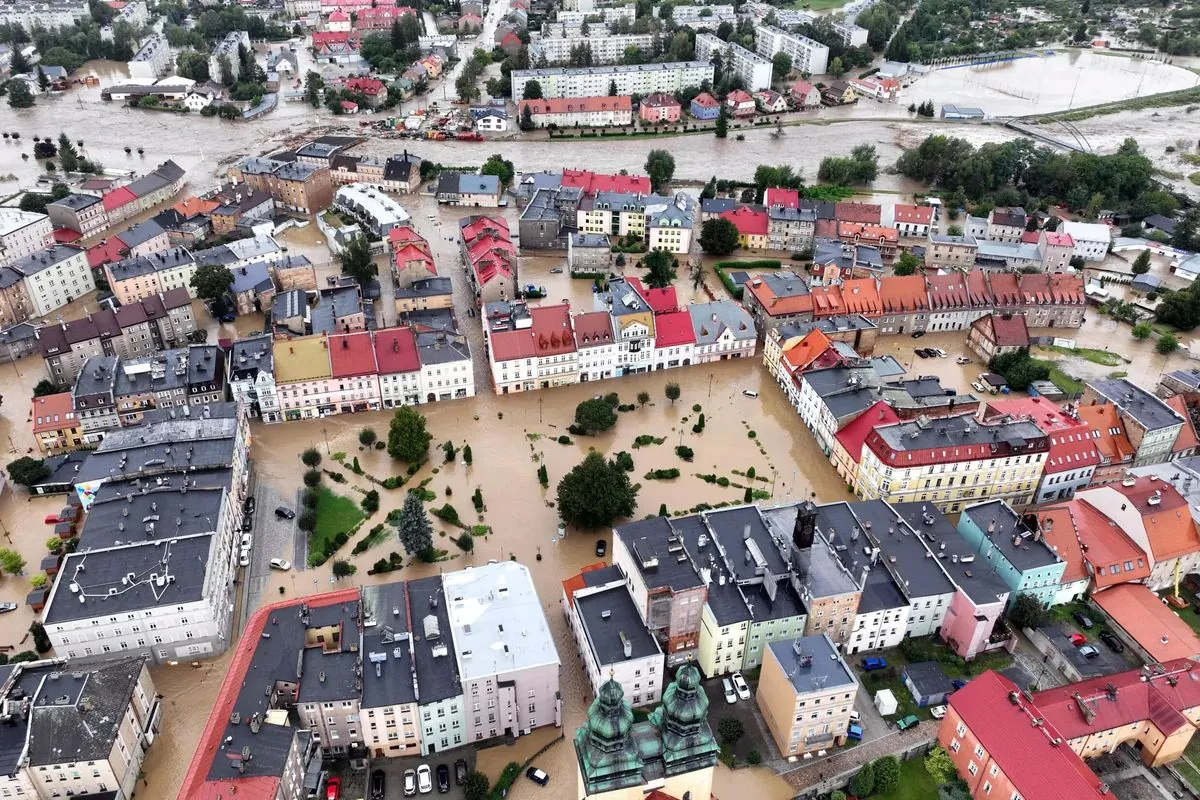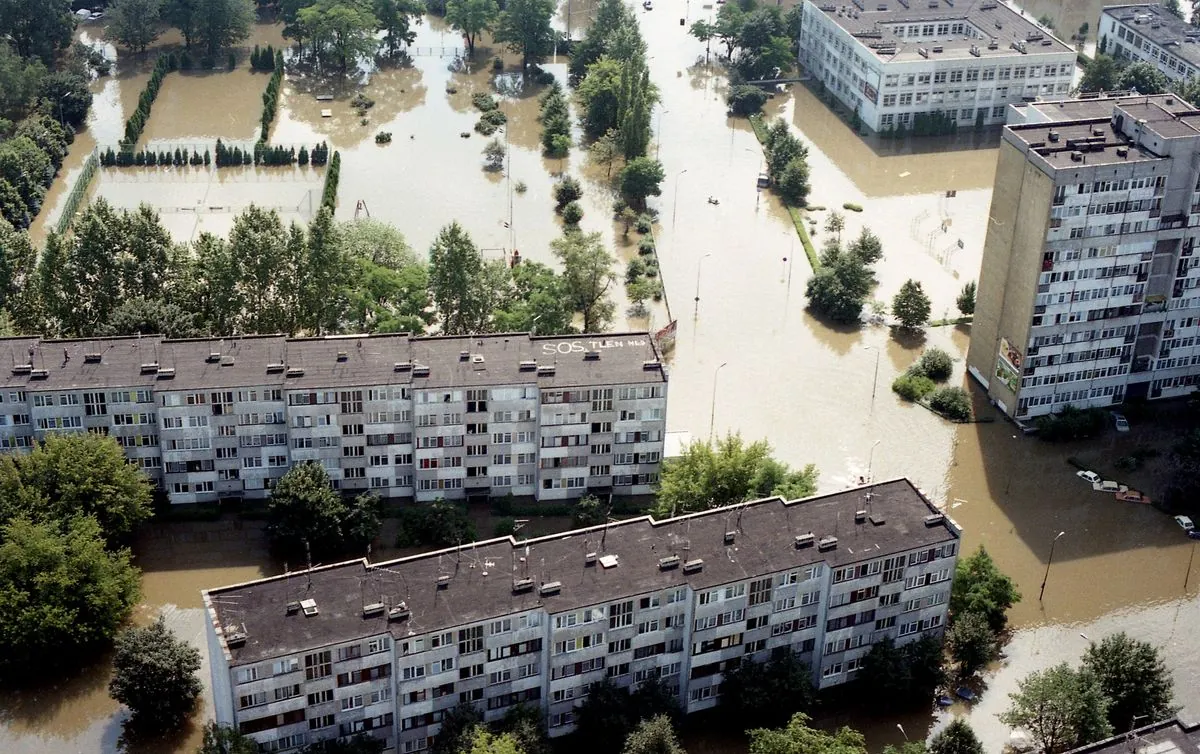Central European Floods Claim Lives, Threaten Major Cities
Severe flooding in Central Europe has resulted in multiple casualties and widespread damage. As waters recede in some areas, major cities like Wroclaw and Budapest brace for potential inundation.

Recent flooding in Central Europe has resulted in tragic loss of life and extensive damage across multiple countries. Poland and the Czech Republic have been particularly affected, with authorities reporting several fatalities and numerous individuals missing.
In Poland, the death toll has risen to five, with victims found in various locations including Nysa, Bielsko-Biala, and Lądek-Zdrój. The Oder River, Poland's second-longest waterway stretching 854 kilometers, has reached alarming levels, posing a significant threat to Opole, a city of approximately 130,000 residents. Concerns have also been raised for Wroclaw, Poland's fourth-largest city and the largest in its western region, with a population of around 640,000.

In response to the crisis, Prime Minister Donald Tusk, who returned to office in 2023 after previously serving from 2007 to 2014, has convened an emergency government session to expedite support for flood victims. This action reflects the severity of the situation and the need for swift governmental intervention.
The Czech Republic has also suffered casualties, with one woman drowning in the northeast region. Authorities report seven individuals missing, an increase from previous estimates. The country's northeastern areas, including the Jeseniky mountains near the Polish border, have been severely impacted, prompting the declaration of a state of emergency.
Rescue operations have been extensive, with military helicopters joining boat-based rescuers to evacuate thousands of people to safety. Ostrava, the third-largest city in the Czech Republic and capital of the Moravian-Silesian Region, has experienced significant flooding, necessitating further evacuations and disrupting essential services for approximately 120,000 households nationwide.
The flooding crisis extends beyond Poland and the Czech Republic. Romania has reported six fatalities, while Austria has confirmed one death. As waters recede in some areas, the flood threat is moving towards Slovakia and Hungary.
Budapest, Hungary's capital and largest city with a population of about 1.7 million, is preparing for what Mayor Gergely Karácsony described as the largest floods in a decade. The Danube River, Europe's second-longest river flowing through 10 countries, is expected to breach the city's lower quays imminently.
"The city would use 1 million sandbags to protect various parts of the city, and asked residents to take extra care when near the river."
This flooding event highlights the ongoing challenges faced by Central European countries in managing flood risks. The region has a history of severe flooding, with major events occurring in 2002 and 2013. Climate change is expected to increase the frequency and intensity of such incidents, underscoring the importance of transboundary cooperation and adherence to the European Union's Floods Directive for assessing and managing flood risks.
As the situation continues to evolve, authorities across the affected countries are working tirelessly to protect citizens, minimize damage, and prepare for potential further flooding. The coming days will be crucial in determining the full extent of this natural disaster's impact on Central Europe.


































